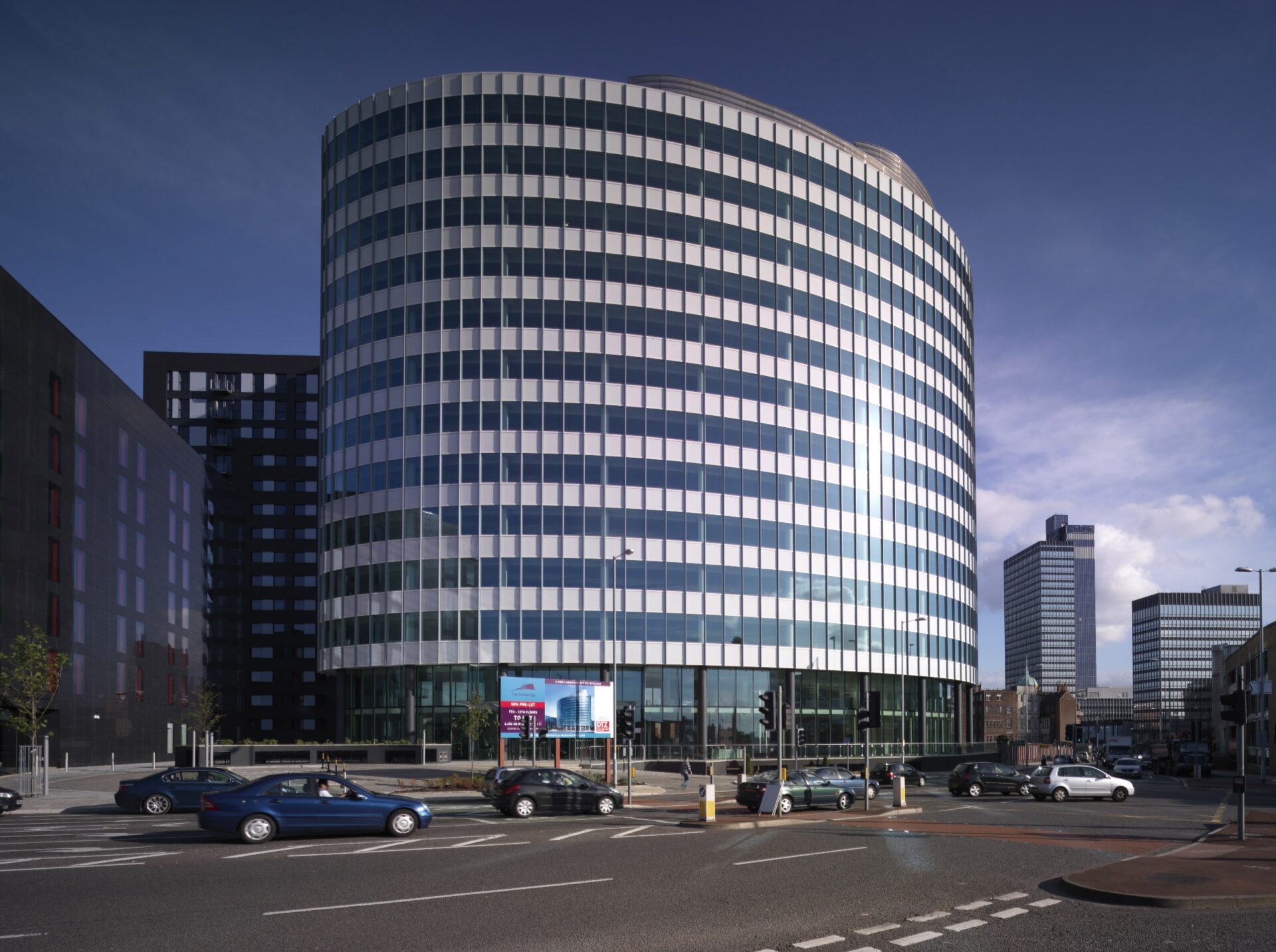Why is flexible working helping parents progression?
Professionals in HR and flexible working welcomed the increased statistic. They believe that progression among parents is because of the improved utility of flexible working.
Data on flexible working has shown that it increases productivity and reduces absenteeism at work. It’s also great for diversity and inclusion in the workforce, creating effective teams.
It’s hard for parents to work office hours and manage childcare. Usually, one parent must give up their career to achieve this. This was presented in the data.
Due to the pandemic employees and employers have seen the benefits of flexible working. It has become increasingly difficult for employers to deny flexible working requests.
Before the pandemic, it was easier for employers to deny flexible working requests simply because it was not the norm.
Post-pandemic has changed the mindsets of employees and employers. This has allowed for many roles including mothers and parents to be transformed.
Retention has been a main aim for HR professionals and employers in 2023. Flexible working is one way this can help keep people at work.
Liston-Smith agreed: “In a tight labour market, it could be harder to stand out unless employers are going the extra mile with practical support for a family life such as help with care provision, family networks, coaching and similar support.
“It will also be important to continue to grow the trust and autonomy that employees seek in their working arrangements, as flexible working rules also become more progressive.”




